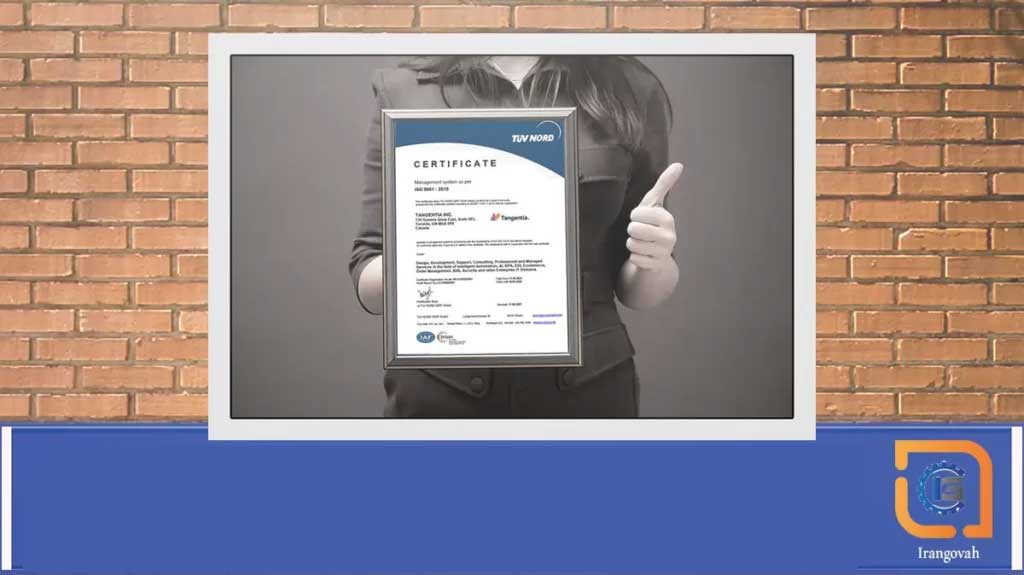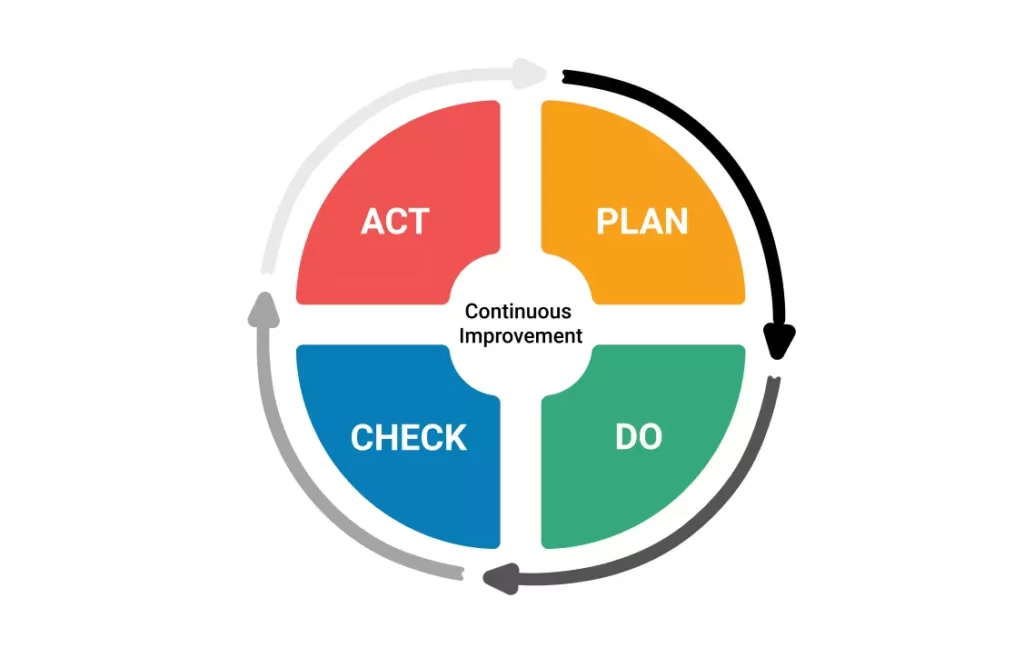With the increasing number of organizations processing Personally Identifiable Information (PII), the need for these organizations to ensure the safety and privacy of data has become more crucial. In Iran, training and certification for ISO/IEC 29100 are offered, which provide best practices for protecting PII.
Data protection is vital as it safeguards an organization’s information from fraudulent activities, hacking, phishing, and identity theft. Every organization that wishes to operate effectively must ensure the safety of its information by implementing data protection plans. With the growing amount of stored and generated data, the importance of data protection is also rising. Data breaches and cyber-attacks can cause devastating damages. Organizations must actively protect their data and regularly update their protection measures.

Ultimately, the key principle is to protect data against various threats and under different conditions. The following article elaborates more on data protection and its importance.
Key Elements of Data Protection
One of the very important data-protection models is the CIA triad, where the three letters represent the three elements of data protection: Confidentiality, Integrity, and Availability. This model was created to help individuals and organizations develop a comprehensive approach to data protection. The three elements are defined as follows:
- Confidentiality: Data is retrieved only by authorized operators with appropriate credentials.
- Integrity: All stored data in an organization is reliable, accurate, and free from any unauthorized alterations.
- Availability: Stored data is securely and easily accessible when needed.
Types of Data that Need Protection
Vital customer information, such as names, addresses, emails, phone numbers, health information, or banking details, are all data that need to be carefully stored and protected. Data protection becomes particularly important when it involves customer information. If such information falls into the wrong hands, it can compromise individuals’ safety in various ways, including personal integrity, physical safety, and financial security. Stolen information can also be used to create fake profiles and commit fraud.
Implementing a Privacy Information Management System (PIMS) based on the requirements and guidelines of ISO/IEC 27701 allows organizations to assess, treat, and reduce risks associated with collecting, storing, and processing personal information.
If you are interested in pursuing a career in assisting organizations in this field, Iran Cert offers a range of ISO/IEC 27701 training courses that provide the skills, methods, and tools necessary to maintain a PIMS in accordance with ISO/IEC 27701.
Best Practices for Data Protection
There are various data protection management practices. Some of the most commonly used include:
- Data Loss Prevention (DLP): A set of tools and processes used to secure data from theft, loss, misuse, deletion, or other forms of illegal or inappropriate contact.
- Firewalls: Tools used to monitor and filter network traffic to ensure that data is transmitted or accessed only by authorized users.
- Encryption: Altering the content of data based on an algorithm that is reversible only with the appropriate encryption key or password. Encryption protects data, even if stolen, as they are unreadable.
- Data Erasure: Deleting data that are no longer needed or relevant. This is also a requirement of GDPR.
- Data Resilience: Creating resilient systems in an organization’s software and hardware to ensure security during natural disasters or power outages.
- Data Backup: A plan for securely backing up data in case of failure or breach. Such backup plans may include a separate physical disk or cloud.
Another important form of certification related to General Data Protection Regulation (GDPR) is offered in Iran. Training courses for GDPR are provided, which include knowledge, tools, and methods required to comply with GDPR requirements. This also enhances customer trust and creates a competitive advantage. Data protection certification from Iran Cert helps you protect your organization’s credibility, facilitate data access, ensure stronger law enforcement, activate adequate access control, minimize security breaches, attract new customers, and retain existing ones, among others.
Data Protection Framework
As the number of organizations processing Personally Identifiable Information (PII) increases, so does the need for these organizations to ensure data safety and privacy. Iran Cert offers training and certification in ISO/IEC 29100, providing best practices for protecting PII.

To obtain ISO certificates, you can contact Iran Govah through WhatsApp.
The Necessity of Implementing a Data Protection Framework for Organizations
It is essential for organizations to implement a data-protection framework that provides guidance on protecting Personally Identifiable Information (PII). This framework assists an organization in ensuring that all data stored on its servers are protected and used logically. It also offers guidance and structure regarding any necessary changes and specific uses of such changes.
Reducing Risks and Adapting to Evolving Data Protection Requirements
Furthermore, the use of a recognized data protection framework may reduce the risk of incidents, and regulators might exert more effort to protect data in such instances. A data protection framework can also adapt to meet evolving data protection requirements, while data protection laws themselves may undergo changes. Data protection standards can assist you and your organization in better managing your customers’ data.


